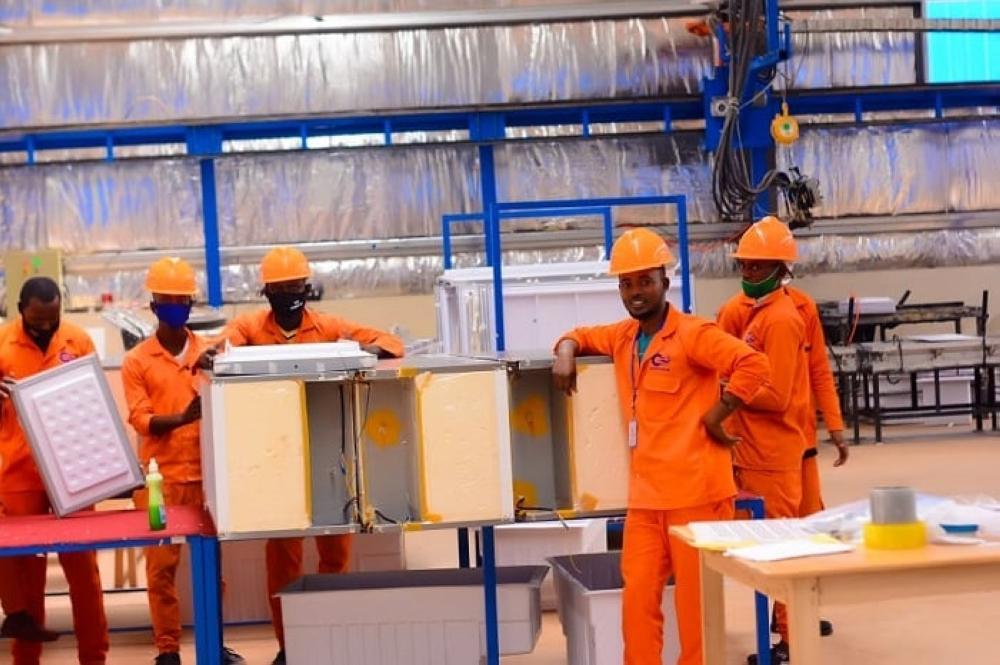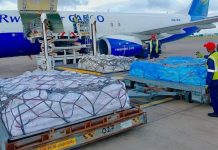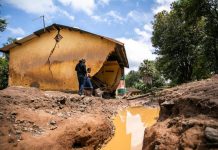Africa-Press – Rwanda. The government is on track to eliminate the use of hydrofluorocarbons (HFCs) pollutant gases found in refrigerators and air conditioners within the next five years, officials have announced.
The phase-out aims to protect the ozone layer and curb climate change impacts. HFCs are among the most powerful greenhouse gases, with a warming potential hundreds to thousands of times greater than carbon dioxide.
Scientists estimate that one tonne of HFCs has the same warming effect as 1,430 tonnes of CO2.
“According to the Montreal Protocol, both developed and developing countries have deadlines to eliminate ozone-depleting gases. Developing countries, including Rwanda, must achieve a full phase-out by 2030,” said Aline Uwasempabuka, head of ozone protection at the Rwanda Environment Management Authority (REMA).
The reduction of HFCs was initially set at 10 per cent in 2015, 35 per cent in 2020 and 67.5 per cent by 2025.
Failure to phase out these substances could result in serious risks, including food shortages, as ultraviolet radiation disrupts plant growth and reduces crop productivity. Ozone depletion also leads to biodiversity loss, threatening both plants and wildlife.
For humans, the health impacts include increased risks of skin cancer, cataracts, weakened immune systems, DNA damage and lung diseases, as ultraviolet radiation damages biomolecules such as lipids, proteins and nucleic acids.
The country has been reducing imports of these gases gradually. Traders are allocated annual quotas to ensure compliance, with complete elimination required by 2030. By 2020, Rwanda had already reduced hydrochlorofluorocarbon (HCFC) imports by 54 percent compared to 2010 levels.
The country’s efforts align with the Kigali Amendment to the Montreal Protocol, which entered into force in 2019. This global treaty seeks to cut powerful climate-warming gases by more than 80 percent over 30 years, potentially reducing global warming by up to 0.5°C.
Currently, all refrigerators and cooling appliances that use banned substances are prohibited. Offenders risk arrest and must either return non-compliant equipment to the country of origin or recycle it.
REMA inspections have identified more than 200,000 refrigerators and air conditioners in Rwanda that once relied heavily on ozone-damaging gases.
To support the transition, Rwanda estimates it will need at least Rwf20 billion to promote energy-efficient, climate-friendly cooling technologies.
Bosco Karuhanga, Park House Manager at Garden Fresh, which exports fruits and vegetables, said they have already adopted environmentally friendly cooling gases to reduce post-harvest losses.
“We are using R470 cooling gas, which is safe. Our cooling system supports exports of between 10 and 12 tonnes of produce per day,” he said.
The Africa Centre of Excellence for Sustainable Cooling and Cold Chain (ACES) is also set to test the quality of the cooling appliances and training technicians in environmentally friendly cooling systems according to Basile Seburikoko, the Technical Director.
Rwanda banned imports of R22, a common HCFC, in 2013, and all approved appliances now carry labels such as “134A,” “R600A,” and “R290,” signaling ozone-friendly technologies.
The country will mark the International Day for the Preservation of the Ozone Layer on September 16, celebrating the Montreal Protocol of 1987 and the Vienna Convention of 1985—two landmark treaties credited with reversing ozone depletion.
Next year, the world will celebrate 40 years of the Vienna Convention under the theme: “40 Years of the Vienna Convention: From Science to Global Action.” Rwanda, as a party to both agreements and the Kigali Amendment, has demonstrated strong commitment to phasing out ozone-depleting substances and advancing climate-friendly solutions.
For More News And Analysis About Rwanda Follow Africa-Press






